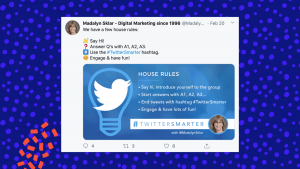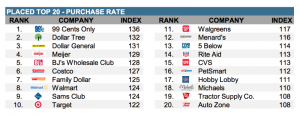
I was talking to a colleague the other day, and she said that between the pandemic and a few life events over the past few years, she just isn’t as professionally ambitious any more. She has lots of things she would like to accomplish—they just aren’t related to work. Another colleague has elected to reduce her work hours in order to spend more time with her children. These conversations echoed several I have had over the past few years where I have watched friends and colleagues change jobs or shift their emphasis from professional advancement to public service, personal satisfaction, or family engagement.
Many of these shifts reflect a change in people’s underlying values. Psychologists like Shalom Schwartz have studied systems of values. Values determine what people think is important, which in turn influences motivation. Here are a few examples:
- A person who values achievement is someone who wants to be successful and wants to be seen as successful by others.
- A person who values security is focused on personal and group safety.
- A person who values benevolence wants to help others and to do good works.
- A person who values tradition values the way things have been done in the past and the importance of institutions like family and religion.
When I wrote my book Bring Your Brain to Work, I interviewed a number of people who went through career changes in midlife. Two common themes emerged from these discussions. First, many of these career switchers experienced a shift in their values, which changed their relationship to their work and their career trajectory. For example, a lawyer who had focused on achievement early in his career came to value benevolence and chose to use his expertise to run a nonprofit. Second, it was common for a shift in values to be caused by some kind of personal crisis such as an illness, injury, or the death of a loved one.
Often, these value-altering experiences occur in a haphazard way across the population. Illnesses, accidents, and family tragedies are generally not predictable events that occur to large portions of the population at once.
The pandemic led all of us to face a significant number of significant challenges. Just about everyone has either gotten COVID or knows someone who has. Indeed, many of us know people who have died from the disease. On top of that, disruptions to the workplace have led people to rethink the importance of their jobs relative to other ways they might spend their time.
Chances are that means that if you look back at your pre-pandemic self, and compare your values from that era to your values now, you may find that there has been a significant shift. That shift in values drives changes in where you want to put your effort.
For some people, that has meant looking for alternative career paths. One force behind the Great Resignation is a desire on the part of a large number of people to realign their work with their values. For other people, it has meant seeking additional education in order to open up new paths. For many others, this shift in values has led to a de-emphasis of work relative to other life goals. These individuals (like my aforementioned colleagues) are choosing to devote their time and effort to activities that are not related to their work lives in order to stay true to their values.
Finally, it is worth noting that a shift in motivation to work may also reflect a willingness to prioritize personal values over other goals. That is, a person who has always valued tradition and family may still have pursued a career because that was expected of them, or they expected to learn to love their work. Events like those of the past few years may simply have given people the strength to focus on their own core values.
Fast Company , Read Full Story
(28)
Report Post







